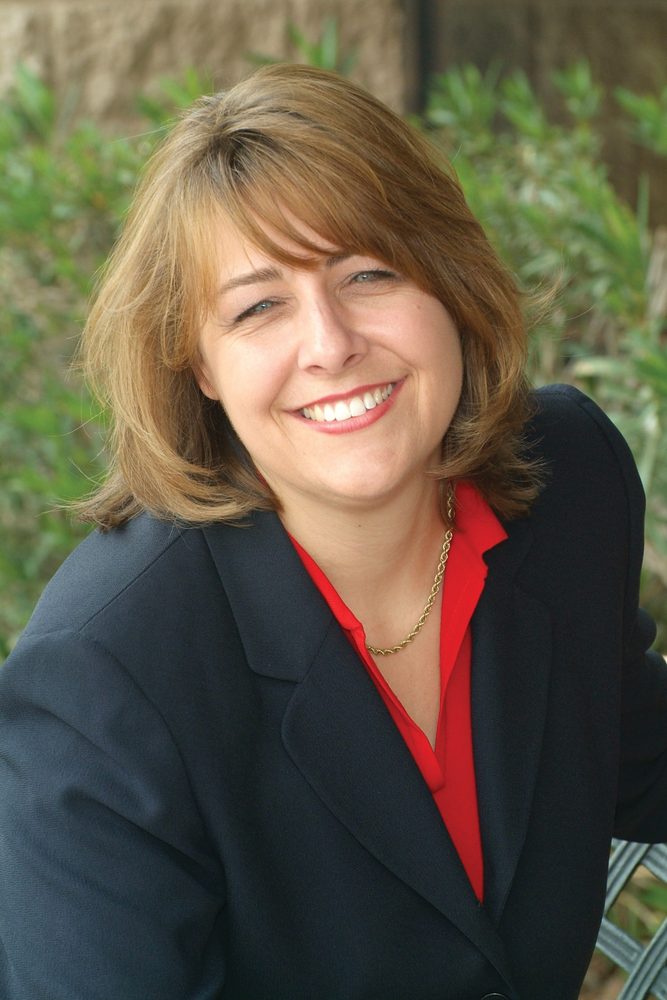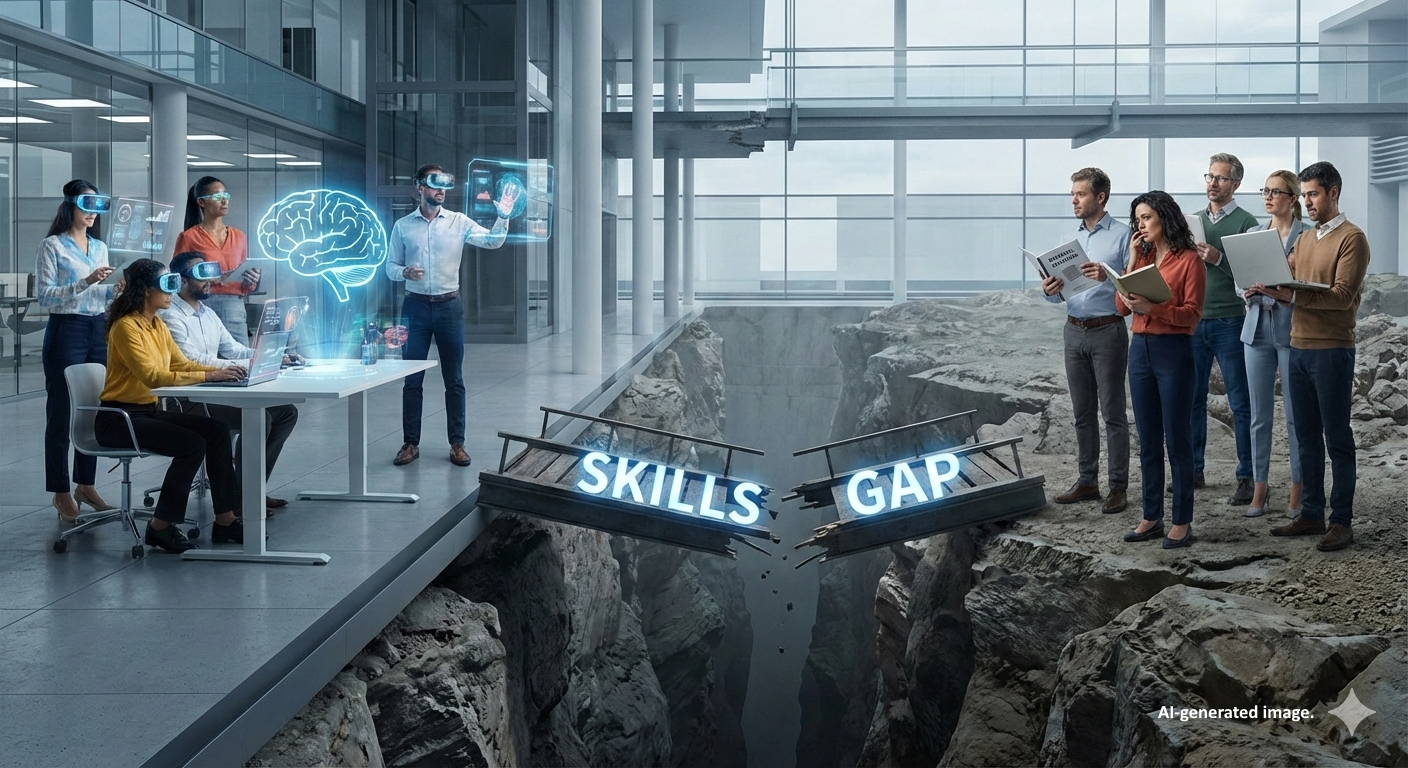Monika Miles, CPA, MST
President: Labhart Miles Consulting Group, Inc.
San Jose, CA
www.labhartmiles.com
Social Media: linkedin.com/in/monikamiles; Facebook: Monika Poessiger Miles and/or Labhart Miles Consulting Group; On Twitter: @monika_miles
Educational Background: BBA – Accounting/Finance – University of Texas at El Paso; Masters of Science in Taxation – San Jose State University.
Professional Associations/Memberships: American Society of Women Accountants (Immediate Past National President – 2011/2012); National Association of Women Business Owners; Vistage; AICPA, Texas Society of CPAs,
Hobbies: Boating/water skiing; cooking with my husband, travel, reading; Sudoku
————————–
Click here to see the other honorees
of the 2012 “Most Powerful Women
in Accounting” awards.
————————–
Q&A:
Studies show that more women than ever are graduating with accounting degrees, but few are pursuing, or staying in, public practice careers. What do you think may be causing them to think public accounting careers are not as attractive as other careers?
I think public accounting traditionally has been difficult for women once they begin to have families, and the profession has by and large earned that reputation. The traditional “busy seasons” in both audit and tax make for very long hours and time away from home. Unless the firm has a serious commitment to flexible schedules, it can be challenging to manage work and family. Also, the nature of public accounting is such that it is largely client focused, so that if a client needs something done, you do it. That can mean “dropping everything” to do so. That kind of unpredictability can be difficult for young families.
What advice would you give to these college students about the opportunities for women in the accounting profession?
I would encourage college students to continue to pursue careers in public accounting. There is so much to be learned in the profession, particularly in larger firms. Even if they don’t ultimately stay in public accounting, the skills learned in those early years can lay a good foundation for many other career paths. This is the flip side of the work/life balance issue. Public accounting is a training ground like no other. And I do believe that firms are trying harder than ever to address the imbalance of women at the top as well as addressing the work/life balance issues for both genders. I trust that we will get to 50/50 partners eventually, but we have a way to go yet.
If you were asked as a consultant to give advice to firms, would you have any recommendations on things they could do to better retain and advance more qualified female staff?
I would recommend to them to build and continually foster a mentoring program. Start people (not just women) in the programs early. Women need to see other women like themselves in leadership positions. Young women need evidence in their careers that they can reach for the top positions in firms – preferably by interacting with role models that they can relate to. I believe that firms need to do a better job overall in retaining and promoting good women professionals – and then make every effort to keep them so that younger women can see the potential career path.
Do you think that there is still a glass ceiling in accounting firm senior management and partner levels, or that the profession has moved to a mostly gender neutral state?
I think that the profession is mostly in a gender neutral state. But I think that women in the professional still have some challenges that are different from men. That said, I don’t think it’s necessarily unique to public accounting. Look at the C-Suite in large public companies – there is definitely not a balance there either.
Do you think being a woman in the accounting profession has made career advancement more challenging than it might have been for a male in the same situation?
No, certainly not for me personally. I worked over half of my career with Big 4 public accounting firms, and I always felt that I had the same opportunities as the men. That said, I never had small children to take care of and I had a very supportive network in my life. I sought out challenging projects, and took charge of my career. I worked many hours and there were times that I didn’t have much “work/life” balance. But I think that young professionals of either gender, in any profession need to be willing to work hard and earn the experience that will make them successful in their overall career.
What solutions have you found successful in managing work-life integration. the balancing of your career with your personal, family and social life?
I believe that work-life integration/balance is a very personal thing. It means different things to different people. In my work and life, I currently feel very balanced – overall, but maybe not on any given day! I work very hard at my career, volunteer in the community for the American Cancer Society’s Making Strides Against Breast Cancer, and have served on the ASWA National Board since 2004, among other things. I am proud that I can contribute and learn in so many different ways. However, there are some days that simply don’t have enough hours. I’m lucky to have a very supportive husband and family that help me to be able to do all the things that I want to do. Sure, there are times when I feel overwhelmed, but most of the time, I’m excited by all the opportunities in my life. When things get too crazy, I do check out and relax – it may be a spa day, a trip out of town, or just a day to “play hooky” away from the office.
How mobile are you regarding your work? How have mobile devices and apps impacted your productivity and work-life balance? (Spending less time in the office?)
Since I am a partner in my firm, I often work outside the office – sometimes from home, often at client locations, etc. I have structured our office so that I have the resources that allow me to remotely access emails, client files, and internal tools. I couldn’t do my job without them. Some people talk about being “tethered by” technology. I don’t view it that way. I believe that the technology allows me to be in touch when I want to be and to be more efficient with my time. If I begin to feel tethered, I can choose to go off-line. But that’s my decision.
What single piece of technology could you absolutely not live without, and why?
That’s easy – my I-Phone. I’ve only had it for two years, but I don’t know what I ever did before I had it. It allows me to access my calendar, email, etc. I’ve downloaded useful apps that help me when I’m on the road. I travel frequently, and the device keeps me connected to home, and helps me find things when I’m away.
What is your favorite professional mobile app, and why?
That’s a tough question, because I have a few….each one of them important at any given time:
- Maps – how did we ever live without a map on a mobile phone? I no longer feel that I have to print out maps before I go – as long as I have my phone, I’m good.
- FlightBoard – it’s an app that shows flights departing and arriving at any airport, the gates of arrival or departure, and whether they are on time. Since I travel a lot, this information is very useful.
- Open Table – most large cities are represented, and the app makes it easy to book reservations, check out new restaurants, etc.
- Southwest Airlines app – to log in to boarding passes quickly
What do you like to do when you actually have free time without any obligations to work or family? (Examples: reading, wine and movies, tv, art, travel, exercise, cooking, etc).
Every morning I like to walk my dog, Zoey. It’s a little quiet time before the craziness of the day begins. And on weekends, my husband and I like to cook and try new recipes. I also love to go out on our boat in the summer – sometimes just to ride across the lake, or float and relax, and sometimes to water-ski – the “walking on water” thing is a huge thrill to me! And finally, I love to travel. I do a lot of traveling for work, but I also love to explore different places recreationally – both in the US and internationally. Traveling and learning to speak foreign languages is such a rewarding learning experience.
Thanks for reading CPA Practice Advisor!
Subscribe Already registered? Log In
Need more information? Read the FAQs




